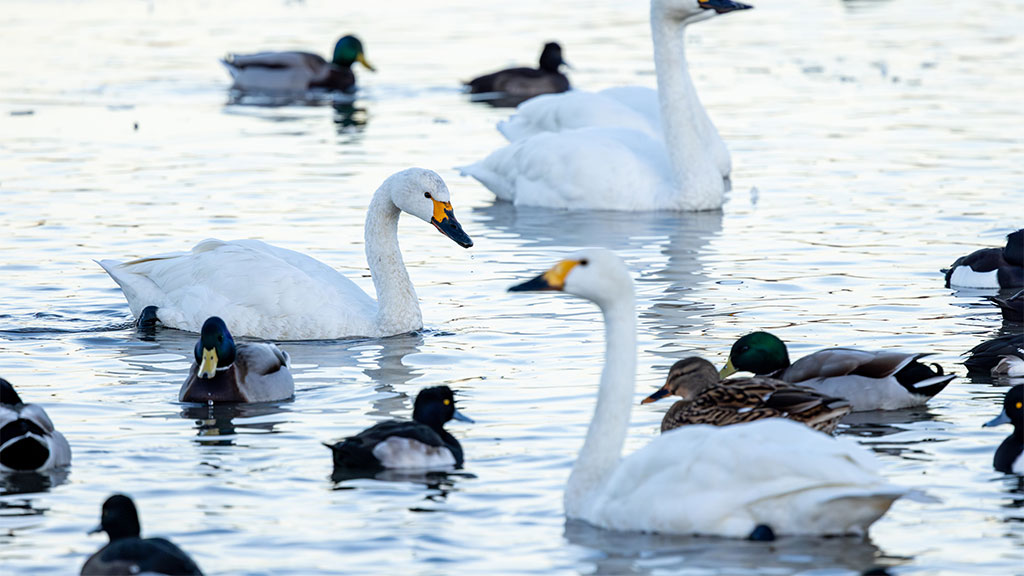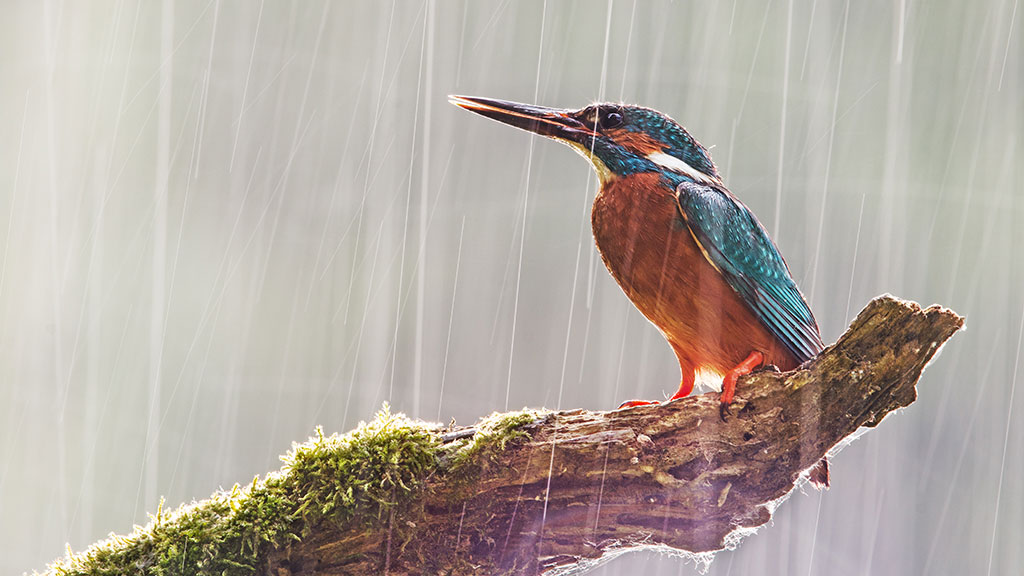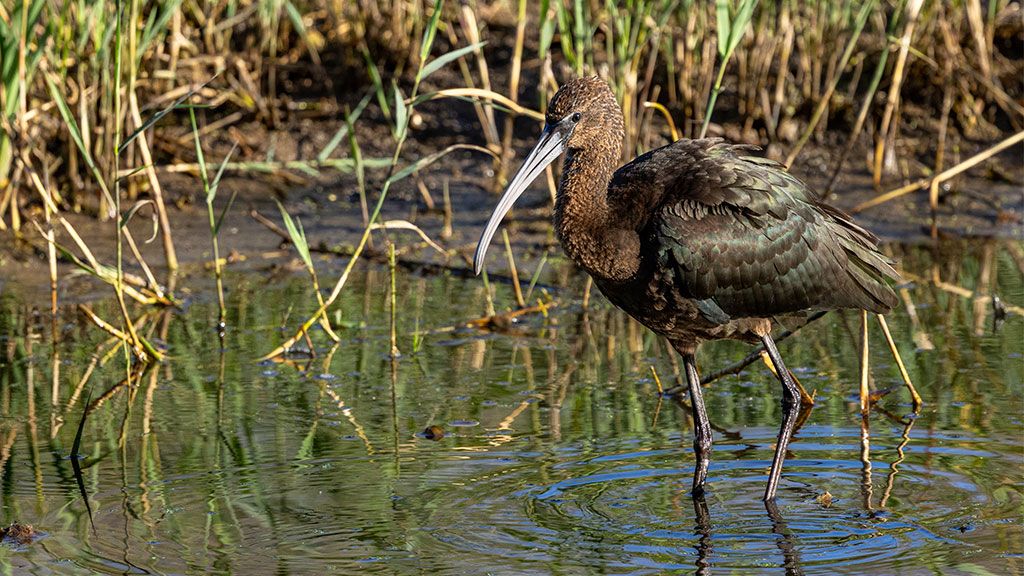Madagascar: Wetlands in Trouble
Madagascar’s jaw-dropping rainforests and cute resident lemurs have been made famous through frequent Hollywood animations and many a natural history programme. The island’s long list of exotic species that can’t be found anywhere else on the planet make the country a fascinating subject. However due to the high profile of its tropical forests, conservation projects in the country have focused almost entirely on its green spaces rather than the blue.
Madagascar’s sprawling wetland systems have been vastly overlooked. Nearly all of the remaining wetlands on the central plateau are severely degraded meaning species that rely on them, such as the Madagascar pochard, are on the brink of extinction. It’s also why the communities that depend on the water for their livelihoods struggle to feed and support themselves.
The 22 wild Madagascar pochards were discovered in one of the country’s last remaining unspoilt wetlands but it didn’t suit the ducks’ specific needs. This steep crater lake was far too deep for the diving ducks to feed off the bottom which meant their chicks were ultimately starving to death.
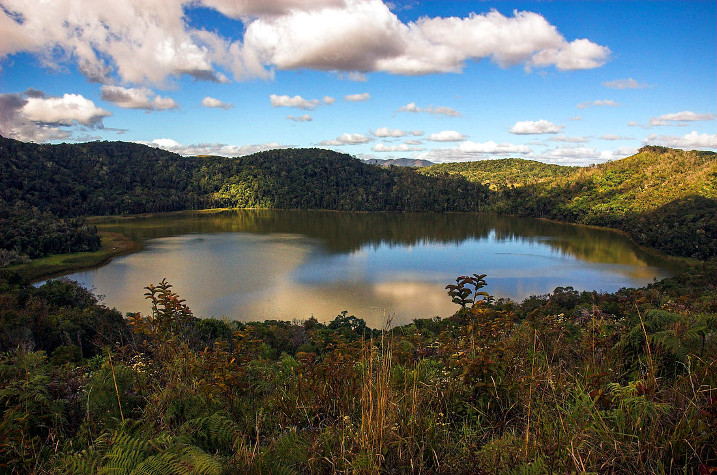 Bemanevika Lake
Bemanevika Lake
Devastated by deforestation, Madagascar’s wetlands have shrunk by 60% and the remaining lakes are polluted, over-fished and home to invasive species. It took years of scouring the country to identify just one suitable habitat – Lake Sofia - where Madagascar pochards could potentially survive but it was not without its problems.
Despite conservation research, investment in the country’s freshwater habitats is disproportionately low, with tropical wetlands particularly vulnerable to overexploitation due to relatively high levels of poverty in much of the region.
Studies have found that without intervention, Madagascar’s wetlands and wildlife could be lost for good.
Scientists warn that the loss of this network of diverse wetlands could have devastating consequences for the country. More than half of Madagascar’s population takes drinking water directly from rivers and lakes, which also supply most of the county’s staple foodstuffs such as rice.
WWT recognises that supporting local people and the national government to reduce the impact of farming and fishing is pivotal for the survival of these wetlands.
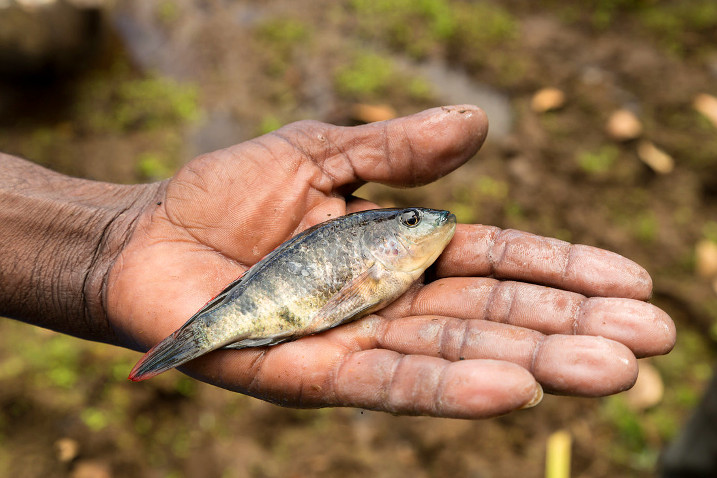
WWT are currently taking this approach in Lake Sofia where the Madagascar pochard will be released. Conservationists are working with local communities to improve all aspects of wetland management, with the aim of improving conditions for wildlife and the people who live there. They are also working with the government to produce official guidance on wetland management.
